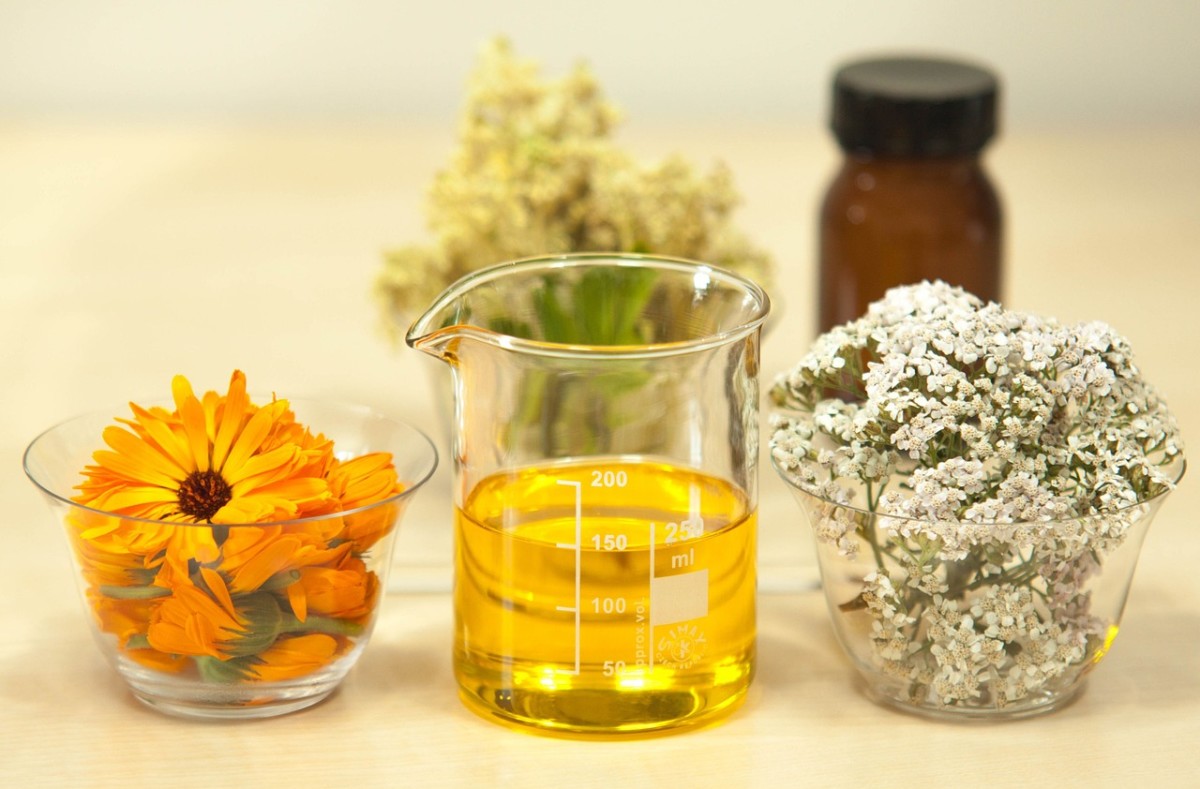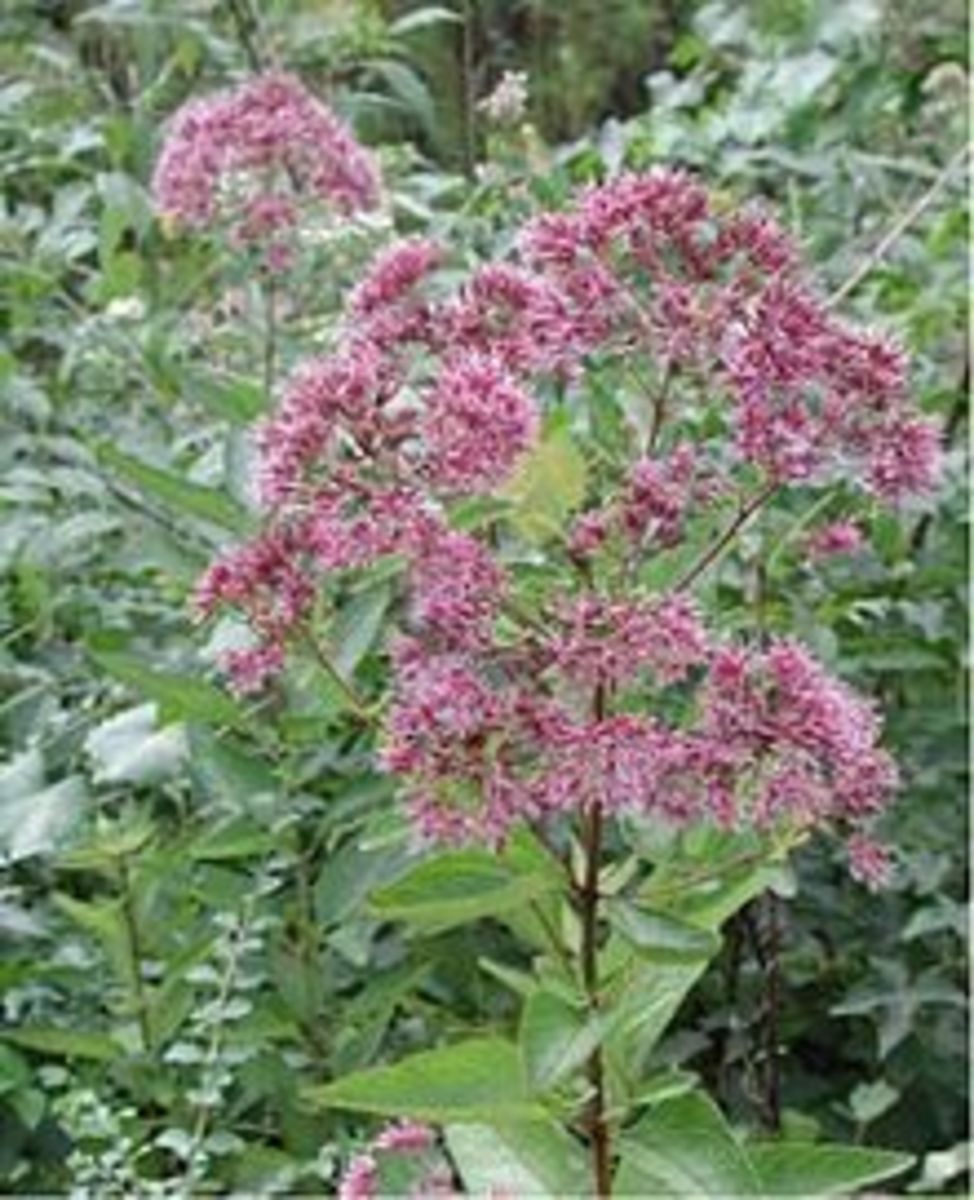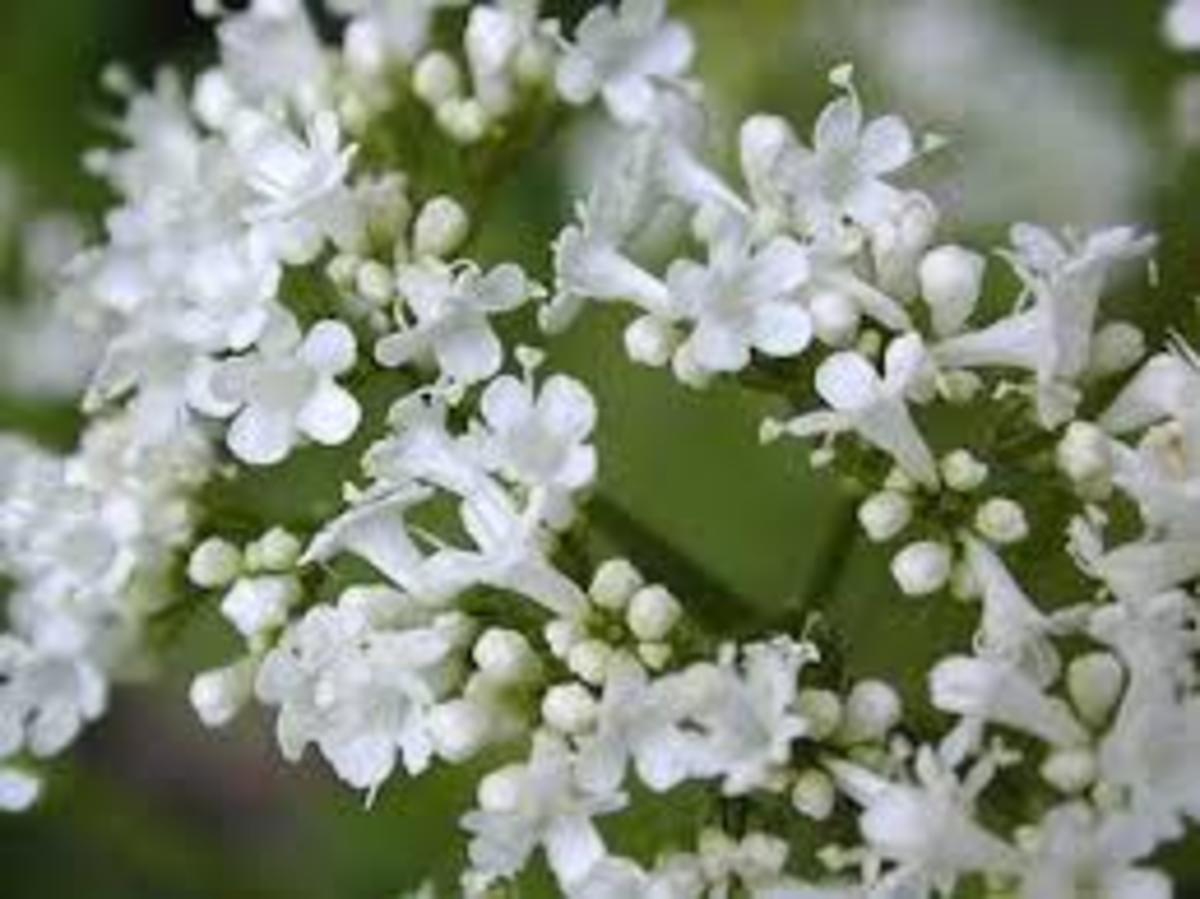- HubPages»
- Health»
- Alternative & Natural Medicine»
- Herbal Remedies
What are Adaptogens? Definition, Uses, and Benefits
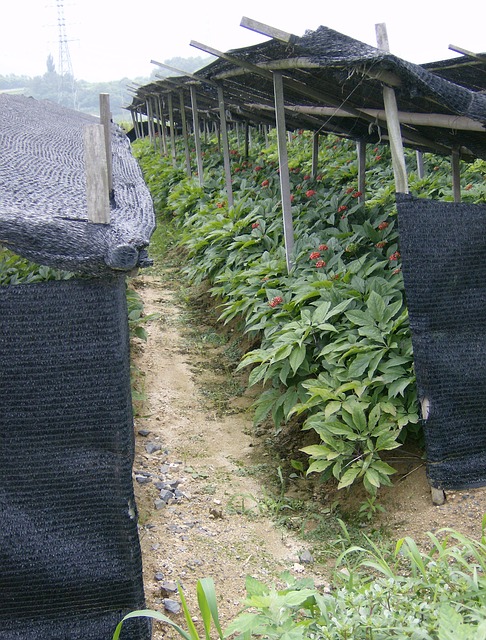
History of adaptogens
Adaptogenic herbs were first studied by Russian scientists about fifty years ago. The term "adaptogen" was originally coined by a pharmacologist in the 1940s named A.V. Lazerev.
Over the past few decades, adaptogens have become a central part of naturopathic medicine, particularly in Asia where their effects are more well-known. In North America, there is continued controversy over adaptogens since the US Food and Drug Administration has not officially recognized their healing properties.
How do adaptogens work?
In spite of the research that's been done on adaptogens, scientists are still unsure about how they work. To date, most of the official studies on adaptogenic herbs have been done outside of the West. It's believed that adaptogens work in a way similar to stimulants, although the physical effects are not as pronounced. For this reason, many companies have begun including adaptogens in commercial energy drinks to boost activity levels for athletes.
Adaptogens treat "non-specific remedies," meaning they help target a variety of different physical ailments. Most contain antioxidants, which can help prevent age-related diseases like Alzheimer's and heart disease.
Adaptogenic herbs work on a microscopic level by improving the function of cells and making them respond to disease more efficiently. Most of the beneficial activity takes place via the Hypothalamic/Pituitary/Adrenal (HPA) axis, which typically regulates the immune system and the body's response to stress. By targeting the adrenal glands, adaptogens help improve the body's flight-or-fight response. People who regularly consume these herbs are able to respond to daily stresses in their lives more easily.
How to use adaptogens
Adaptogens are easy to integrate into any diet since they are non-toxic and can be found in most health food stores. They are also sold in many different forms, including capsules, teas, dried herbs, and tinctures. Some adaptogenic herbs go through many different stages before they are ready to consume. For example, red ginseng is usually peeled, boiled, and then dried before it is sold in stores.
It's a good idea to consult with a naturopathic doctor before integrating adaptogens into your diet. Only a health care professional will be able to recommend the correct dosage to treat specific physical or psychological ailments.
Benefits of using adaptogens
Adaptogens are potent healing herbs which can improve various biochemical processes in your body. The beneficial effects of these herbs are well documented by naturopathic doctors. According to alternative medicine experts, adaptogens are used to:
- support the immune system
- increase general strength and stamina
- help patients resist physical exertion and improve their fatigue
- help regulate anxiety and stress by improving the function of the nervous system
- help counter depression
- help with muscle weakness and pain
- decrease the symptoms of multiple sclerosis
- decrease inflammation in joints
- decrease the side effects of cancer treatments, such as radiation and chemotherapy
- reduce irritability
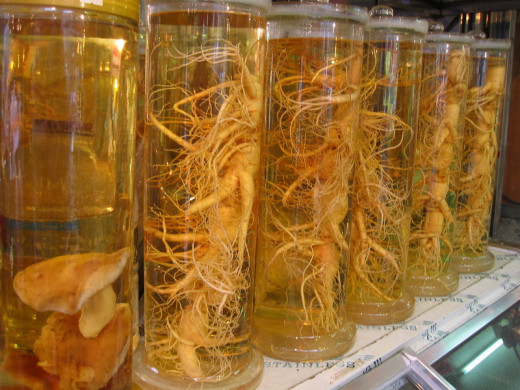
Examples of adaptogens
Ginseng: Ginseng is one of the best known adaptogens, especially the Asian variety of ginseng. For centuries, it's been used to increase energy, and it's recently been shown to combat cancer, HIV, and sexual dysfunction. Beauty experts swear that ginseng has anti-aging properties when used on skin, and it can even be used to stimulate hair growth on the scalp.
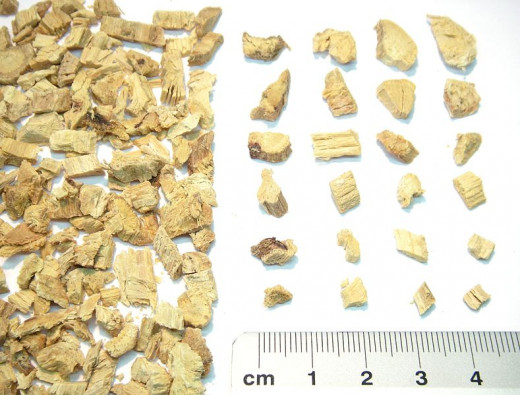
Licorice: This adaptogen isn't just for the candy store. The root of the licorice plant has potent healing effects and many different applications. It's commonly used to treat stomach ailments, including ulcers and inflammation in the digestive tract. For women, licorice tea can effectively reduce the pain associated with menstrual cramps. It's also helpful as a paste for a variety of skin disorders, including eczema and psoriasis.
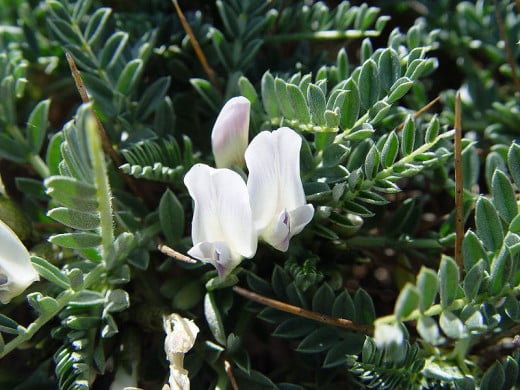
Astragalus: Astragalus is high in anti-oxidants, making it an excellent healing herb for patients of cancer or diabetes. It's a great all-around adaptogen that treats inflammation, stress, disorders of the immune system, heart disease, liver disease, and even the common cold. You can find astragalus at your local health food store as a tincture, capsule, or an ointment.

Asian mushrooms: Asian mushrooms like shiitake and reishi also have adaptogenic properties.They're excellent sources of iron and are known to boost the immune system and lower blood cholesterol. Asian mushrooms can be eaten fresh or dried and can be incorporated into many common Western dishes, such as soups and salads.

